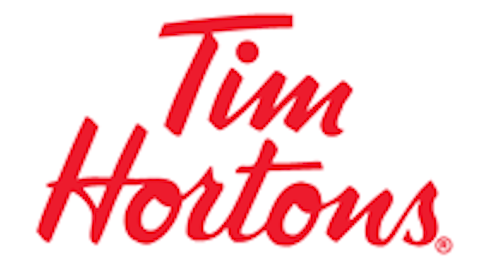With temperatures rising as summer officially starts, you’d think the last thing that one would want to think about is coffee. While it is the go-to perk-up for millions of sleepy commuters each day, there isn’t much call for a hot cup of joe when it’s 90 degrees outside. Nobody told the Brazilian Arabica growers that, though, and the influx of Brazilian java has made coffee the summer’s most intriguing commodity, a surprise to a lot of commodities traders and a neat little treat for coffee stock lovers thanks to low coffee prices. However, the low prices may give coffee stock investors a summer of love, but it may soon turn into a winter of discontent.
Surprise from the Coffee Growers of Brazil
This month, without much fanfare, Brazil was able to export 320 bags of Arabica coffee to the ICE exchange in New York, totaling 19.2 tons of beans, at a 900-point discount to the exchange price. This comes despite a downturn in the sale of coffee beans worldwide, with Arabica futures at a 4-year low price of $1.15/pound. Brazil’s huge export helped push the price down to this point, which is currently lower than the cost of production. Due to a falling real on the currency exchange, Brazil was able to export this huge shipment and still benefit, despite the small profits, as well as the fact that it is coming towards the end of the main Arabica harvest season, where prices should be on the increase due to the lower amounts of coffee beans being traded as a result.
Cheap Coffee Soon Ending?
This has caused the import and export of coffee, at the moment, to enter bear market in the commodities world, but this won’t last long. Brazil’s one-time dump will only temporarily suppress coffee prices. In addition, the low profitability of exporting coffee for farmers has led to a decline in care for the delicate Arabica trees, with farmers cutting back on fertilization and general tree maintenance. While a cost-saving measure now, this will hurt Brazilian yields in the future due to the lack of attention being paid to the plants. Also, a coffee-rust disease called roya has gripped the Central American crop, which accounts for nearly 10% of world coffee exports, and will lead to lower output from this region in the near future. According to some analysts, a combination of these two factors should push the coffee price to nearly $1.50/pound on the commodity exchange, or a near 33% price jump. This will help make a bull market for traders in coffee, and should keep coffee supplies under control.
So About that Morning Cup…
While that may be good news for coffee traders, it will be bad news for those that have investments in the two main coffee chains in America, Starbucks Corporation (NASDAQ:SBUX) and Dunkin Brands Group Inc (NASDAQ:DNKN). In the past year, coffee prices have plunged 30%, which has been a boon to these two companies because the low price of beans has helped increase operating margins due to the abundant supply of Arabica beans, and has contributed to a 20% share price increase for both companies over the same time frame. Starbucks Corporation (NASDAQ:SBUX)’s quarterly revenue grew by 11.3% year-over-year, while Dunkin’ grew by 6.2%.

In addition, Starbucks Corporation (NASDAQ:SBUX) quarterly operating income grew 10.79% to $544 million, while Dunkin Brands Group Inc (NASDAQ:DNKN)’s grew by 36.9% to $63 million for the last quarter. In addition to E/P ratios growing 2-3% over the past year, these two companies have taken advantage of the fall of coffee prices and have been able to rake in profits and investors. The recent influx of Brazilian coffee will keep these profits going for much of the summer, but the good times for these two won’t last long.





